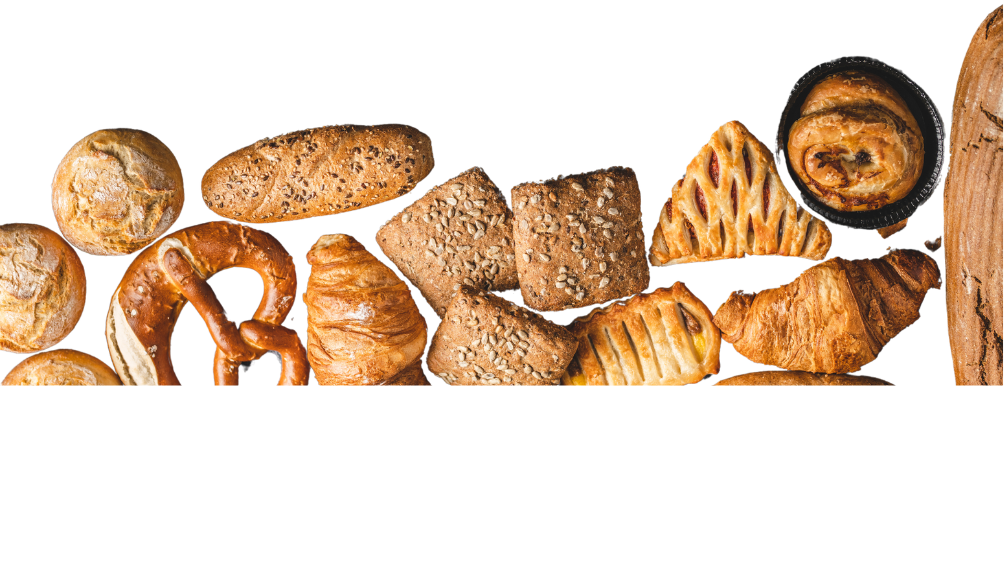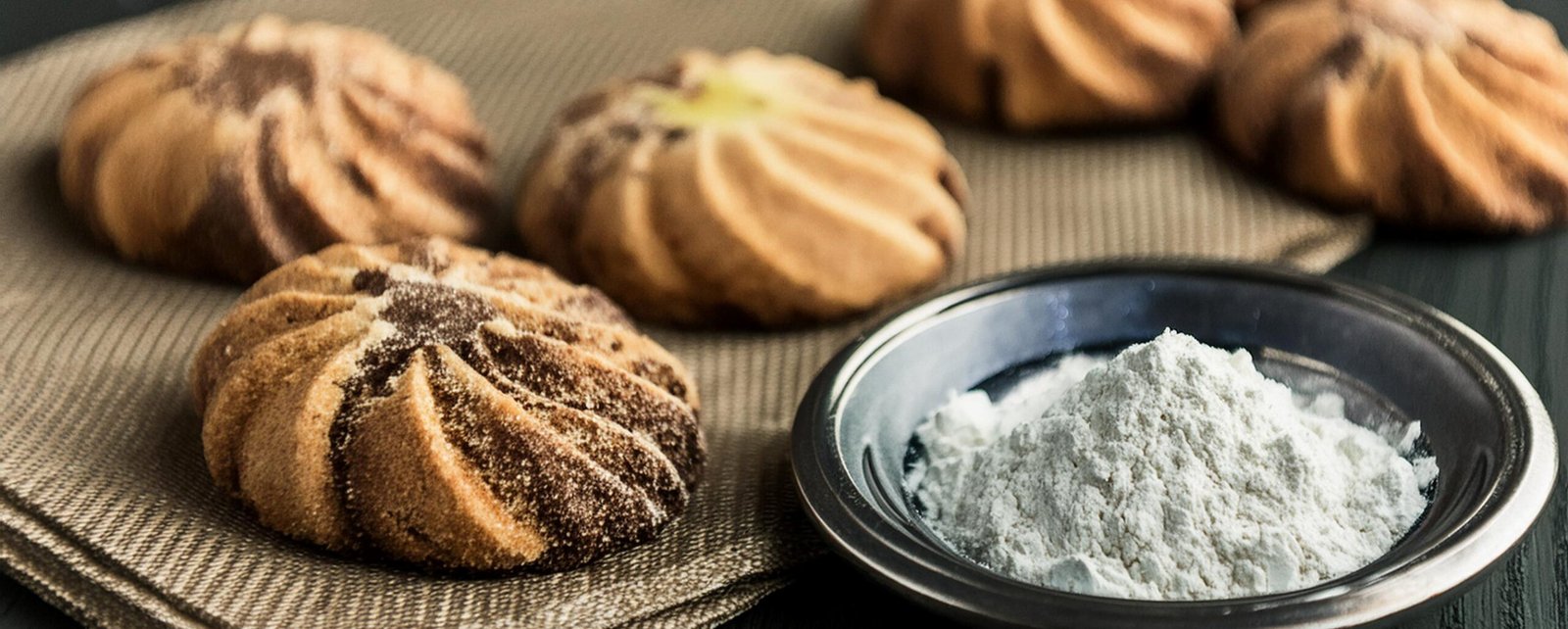Article by – Deodeep Kumar, Food Technologist, Bakersville India Pvt. Ltd.
Whey, often considered a by-product of cheese manufacturing, has found a prominent place in the baking industry for decades. Its application in bakery products stems from its multifaceted functionality, ranging from enhancing texture to fortifying nutritional content. Among the various forms of whey ingredients, Whey Protein Concentrate (WPC) stands out as a versatile ingredient offering a spectrum of benefits across different baked goods.
Understanding Whey Ingredients in Bakery Products :
The journey of whey in baking traces back to its initial utilization for enhancing browning, tenderizing crumb texture, and cost-effectiveness. Over time, the repertoire of whey ingredients has expanded, offering improved functionalities and nutritional profiles. From cakes to cookies, bread to pastry, the application of whey ingredients presents numerous opportunities for both functional enhancement and nutritional fortification.
Choosing the Optimal Whey Ingredient :
Selecting the right whey ingredient hinges upon understanding its composition and unique functional properties. Whey ingredients typically contain protein, lactose, ash, fat, and moisture, each contributing to various functionalities such as emulsification, foaming, browning, and nutritional enrichment. Whey Protein Concentrate (WPC), with protein content ranging from 34% to 80%, is often recommended for egg replacement due to its protein-rich composition and emulsifying properties.
Enhancing Functionality in Bakery Products :
- Improve Dough Handling: Enhances dough relaxation and handling, making it easier to work with, especially for artisan breads.
- Enhance Crumb Structure: WPC improves crumb texture and structure, resulting in a more tender and moist final product.
- Increase Shelf Life: It inhibits staling and improves the overall freshness of baked products.
- Replace Eggs: It can partially or fully replace eggs in cakes and other baked goods, especially those with high sugar and low fat levels.
- Replace Fat: WPC can replace fat in low-fat pound cake formulas, resulting in a higher volume, softer product that is preferred over both a full fat control and a low-fat control.
Nutritional Benefits :
- Reduce Carbohydrates: WPC can be used to reduce the carbohydrate content of baked products, making them more suitable for low-carb diets.
- Increase Protein Content: It can increase the protein content of baked products, providing a nutritional boost to consumers.
- Enhance Flavor and Browning: WPC contains lactose, which contributes to the Maillard reaction, resulting in enhanced browning and flavor profiles in baked products.
Applications in Bakery Products :
WPC can be used in a variety of bakery products, including:
- Artisan Breads: It is particularly useful in artisan breads that require a long fermentation process, improving dough handling and relaxation.
- Cakes: Used to replace eggs and fat in cakes, enhancing their structure and texture.
- Cookies: Also used to replace skim milk powder or egg in cookies, improving their color, thickness, and chewiness.
- Crackers: Helps to replace flour in yeast leavened crackers, improving their texture and shelf life.
- Pie-Crusts: WPC can be used to emulsify shortening in pie crusts, allowing for a reduction in shortening without sacrificing texture.
Commercial Production and Application Considerations
Commercially, whey protein undergoes a series of processes including clarification, pasteurization, ultrafiltration, and spray drying to produce high-quality whey ingredients suitable for bakery applications. When incorporating whey ingredients, factors such as protein content, moisture level, and functional properties should be carefully considered to optimize product performance and quality.
In conclusion, Whey protein concentrate (WPC) emerges as a cornerstone ingredient in the baking industry, that offers numerous functional and nutritional benefits in bakery products. Its ability to improve dough handling, enhance crumb structure, and increase shelf life makes it an attractive option for artisan bakers. Additionally, its nutritional benefits, including reducing carbohydrates and increasing protein content, make it a valuable ingredient for consumers seeking healthier options. By understanding the composition and functional properties of WPC, bakers can make informed decisions about its use in their products, ultimately enhancing the quality and appeal of their baked goods.


